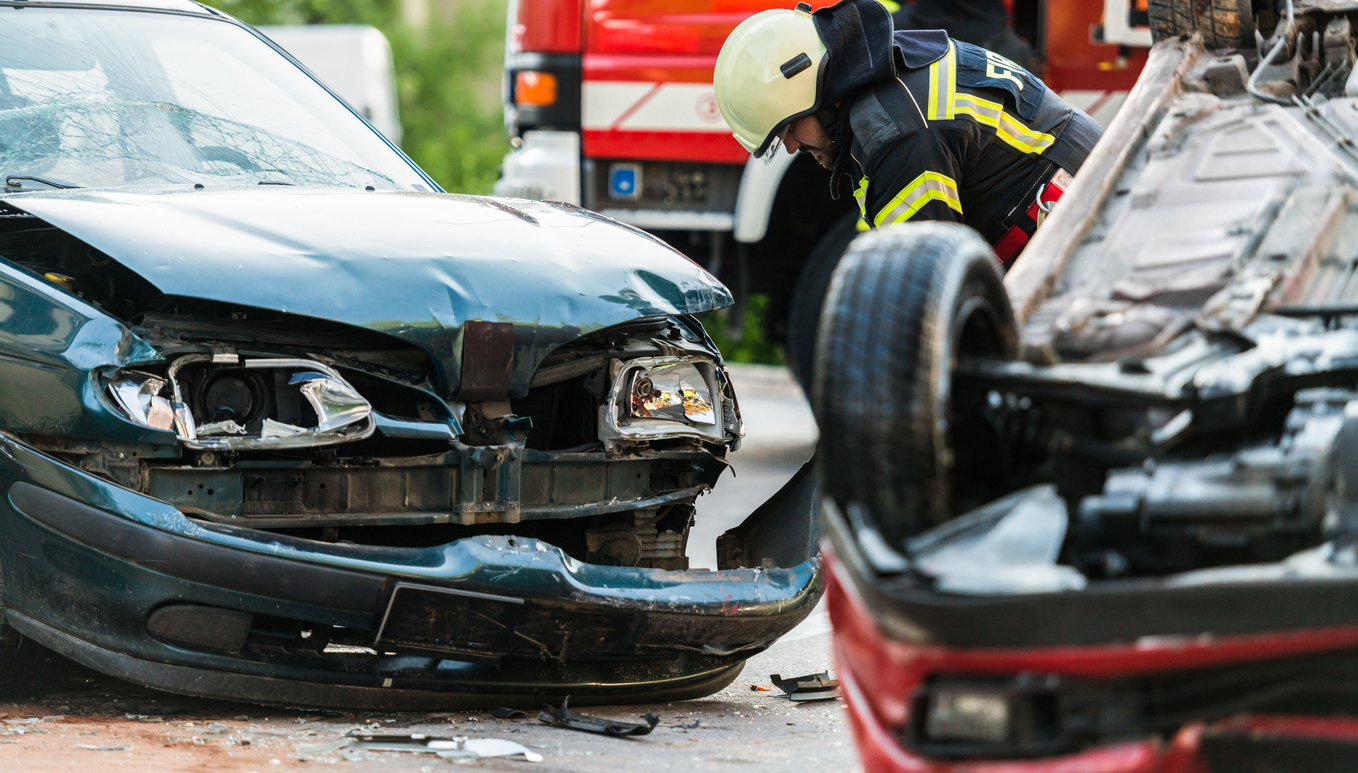Atlanta’s Traffic Congestion: Exploring Solutions

Atlanta traffic is infamous throughout the United States. Commuters who live in or pass through Atlanta have to contend with the city’s notoriously congested roads on a daily basis. However, they aren’t the only ones who are impacted. Millions of individuals who are heading to or driving north from Florida also have to trek through Atlanta.
You might wonder: Why is Atlanta’s traffic so bad? And more importantly, are there any solutions? Here’s what you need to know.
How Bad Is Atlanta Traffic?
Atlanta traffic is so bad that it sometimes sounds like an urban legend. Unfortunately, the stories aren’t exaggerated. The Zebra ranked Atlanta as the city with the worst traffic in the nation. Plenty of data supports the idea that the city has horrible traffic congestion.
For example, a one-way drive in metro Atlanta is approximately 12.8 miles. If the roads were clear, commuters should be able to traverse that distance in 15 minutes or less. However, the average time to pass through each way is 32 minutes, meaning daily commuters spend about 74 hours per year stuck in traffic.
Atlanta traffic is awful for truckers, too. In 2023, the American Transportation Research Institute (ATRI) identified the top 100 truck bottlenecks in the United States. Nine locations in Georgia ranked in ATRI’s top 100 list, and eight of them are in Atlanta. The two worst bottlenecks in Georgia are I-285 at I-85 North (4th) and I-20 at I-285 West (5th).
Why Is Atlanta Traffic Congestion So Bad?
Several factors contribute to the city’s persistent traffic congestion, including the following:
- Population Growth: The area is growing fast, putting more vehicles on the road
- Urban Sprawl: The city’s decentralized layout results in longer commute times
- Limited Public Transit Options: MARTA provides some public transportation, but it doesn’t cover all suburban areas effectively
- High Volume of Freight Traffic: There is heavy commercial vehicle traffic year-round
- Frequent Crashes: Road construction and vehicle accidents further exacerbate congestion
Together, these issues have made Atlanta traffic some of the worst in the country. All of this congestion has serious consequences for residents, vacationers, and businesses.
The Impacts of Clogged Streets
Traffic congestion doesn’t just inconvenience drivers — it creates a wide range of other headaches as well. For example, congestion impacts the productivity of commercial drivers and leads to fuel waste. Logistics businesses experience profit losses when orders get delayed and drivers make fewer deliveries.
Congestion also means more vehicles are on the road for more time. Cumulatively, these vehicles are producing a significant amount of emissions. Heavy traffic also leads to safety risks and increases the chances of car accidents.
Are There Any Solutions?
There definitely aren’t any simple fixes to Atlanta traffic. City and state officials will need to work together as they implement several complementary solutions. A few potential solutions include:
- Expanding the city’s public transportation offerings
- Investing in smart traffic management systems
- Encouraging employers to offer remote and hybrid work opportunities
- Expanding infrastructure and roadways
- Incentivizing carpooling or ridesharing to decrease traffic volume
None of these proposals will make an overnight impact. However, if several of these strategies are implemented simultaneously, it could lead to meaningful reductions in traffic congestion.
Will Atlanta Traffic Congestion Ever Improve?
While improvements to Atlanta’s traffic congestion are possible, it will require a long-term, multi-faceted approach. Solutions such as expanding public transportation, enhancing road infrastructure, and implementing smarter traffic management systems could help alleviate the daily gridlock. Moreover, encouraging businesses to offer remote work options and promoting carpooling or ridesharing can reduce the number of vehicles on the road.
While these efforts won’t provide instant results, if combined effectively, they have the potential to ease traffic congestion and improve the quality of life for commuters. Addressing the city’s traffic problems will require time, collaboration, and sustained commitment from both local officials and the community.
